The Impact of Red Dead Redemption 2 on Open-World Gaming
Oct-19-2024
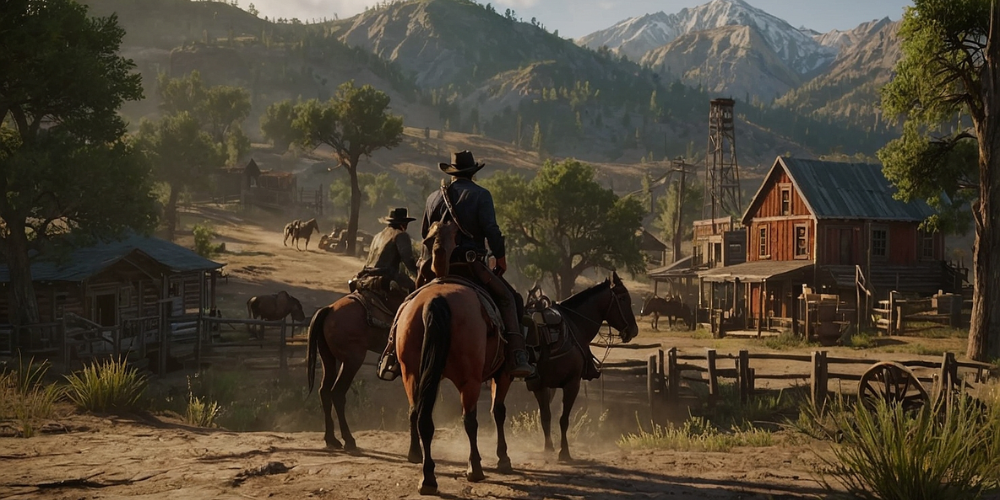
When I initially entered the universe of Red Dead Redemption 2, it was as though I had crossed into a completely new world. The beauty of the landscapes, the intricacies of the characters, and the fluidity of the gameplay were nothing short of mesmerizing. It was clear from the onset that this wasn't just another game; it was a redefining moment for open-world gaming.
The Immersive Environment
As I traversed the wild landscapes, I was immediately struck by the level of detail that Rockstar Games had infused into the environment. Every blade of grass seemed to sway gently, each bird flew realistically, and the changing weather affected the atmosphere in tandem with the narrative. This attention to environmental storytelling changed how I perceived open worlds. Gone were the days of static backdrops and lifeless settings; games could now be alive.
Character Depth and Complexity
Arthur Morgan, the protagonist, became more than just a character to control; he transformed into a living, breathing entity. His personal struggles, relationships, and moral dilemmas were presented with such depth that I found myself emotionally invested in his journey. The way the game's narrative intertwines with the environment and characters reshaped my expectations for storytelling in open-world formats.
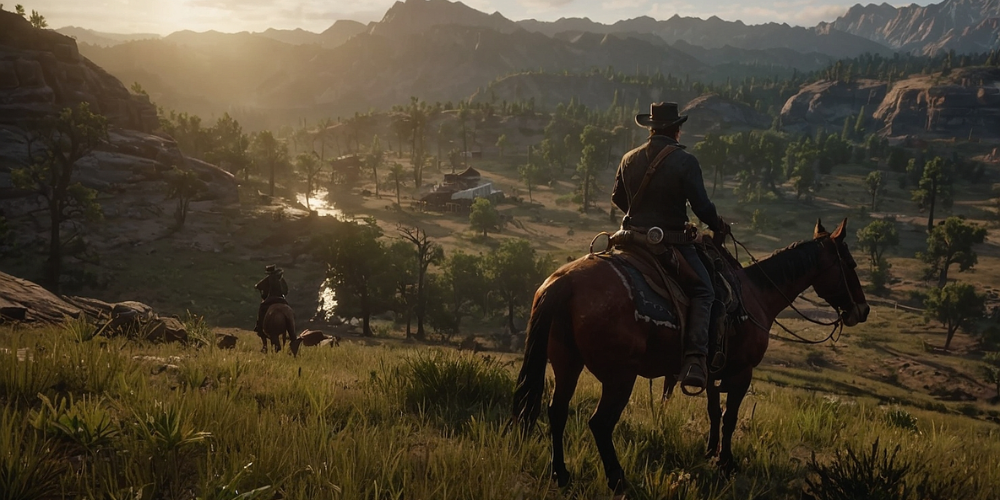
Dynamics of Player Choices
One of the most captivating aspects of Red Dead Redemption 2 was the moral choices presented throughout the journey. I often faced situations where my decisions carried weight, impacting not only Arthur's path but also the lives of those in the camp. This cause-and-effect system made the world feel more reactive and responsive, heightening my engagement. I was reminded of the power of choice and consequence, integral elements that can significantly elevate an open-world experience.
Realistic Interactions
Each encounter I had, be it with a stranger on the road or my own gang members, was layered with nuance and complexity. Conversations flowed naturally, often leading to unexpected outcomes. This was a far cry from the generic dialogue options I had seen in other titles. The dialogue felt authentic as if the characters were truly living in the moment instead of reciting scripted lines.
Gritty Realism and Attention to Detail
From the gritty realism of gunfights to the mundane tasks of camp life, every action had consequences that added depth to the gameplay. I found myself cleaning my weapons, tending to my horse, and even crafting sustenance, each task grounding me further in the experience. This attention to detail fostered a sense of realism, blurring the lines between gameplay and reality.
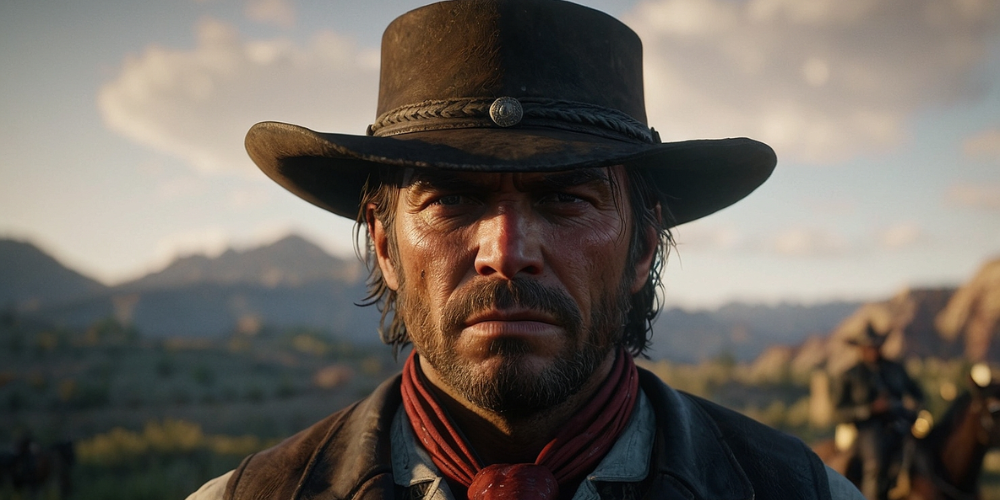
The Importance of Companionship
The relationships I formed within the gang felt organic. Each character had their own stories, struggles, and quirks that contributed to the overall narrative. Whether it was sharing a drink by the campfire or engaging in a heartfelt conversation, these moments underscored the importance of camaraderie. It was a reminder that relationships can elevate narratives in gaming.
A Living, Breathing World
What truly impressed me was the world’s ecosystem. I could observe how wildlife interacted with each other and humans, creating a sense of balance in the environment. Predators hunted prey, animals migrated, and weather conditions influenced behavior. This level of immersion made the world feel alive and reactive, enhancing the experience of exploration and discovery.
The Impact of Side Missions
The side missions in Red Dead Redemption 2 often felt more engaging than most main quests in other games. They weren't just fillers; they were integral to world-building. As I assisted strangers or pursued personal quests, I uncovered deeper storytelling layers entwined with the main narrative. Each mission added richness to the experience, changing how I viewed the concept of 'side content' in open-world games.
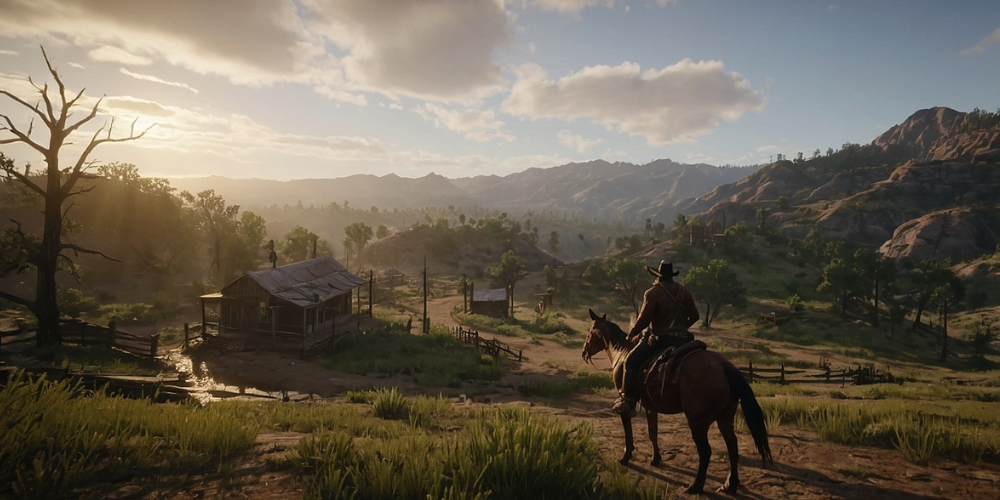
Innovative Game Mechanics
With mechanics such as cooking, hunting, and maintaining relationships, Red Dead Redemption 2 introduced me to the concept of daily life in a game. Each act felt significant in its contribution to survival and development. The input of various mechanics into gameplay made the routine feel vital rather than mundane, reshaping my expectations for immersion and interaction.
Graphics and Aesthetics
The visual fidelity of this game set a benchmark for future titles. The lush visuals, character animations, and cinematic cutscenes elevated storytelling to new heights. The graphics flourished not just in technical aspects but also in artistry, making the experience enjoyable for the eyes and soul. Every sunset felt like art, and I often found myself taking a moment simply to appreciate the beauty of the world.
Building a Legacy
It became evident to me that Red Dead Redemption 2 wasn't just a game; it was a legacy that would shape the future of the industry. The innovations it introduced and the experiences it crafted created a blueprint that other developers would aspire to follow. I envisioned how the bar had been raised and how upcoming open-world titles would now be judged against this masterpiece.
Dialogue and Authenticity
The way characters spoke, with regional accents and natural conversational rhythms, further accentuated authenticity. These nuances added realism, having me feel like I was part of an actual community rather than interacting with a series of scripted NPCs. Engaging in dialogues felt like being woven into the fabric of the world itself.
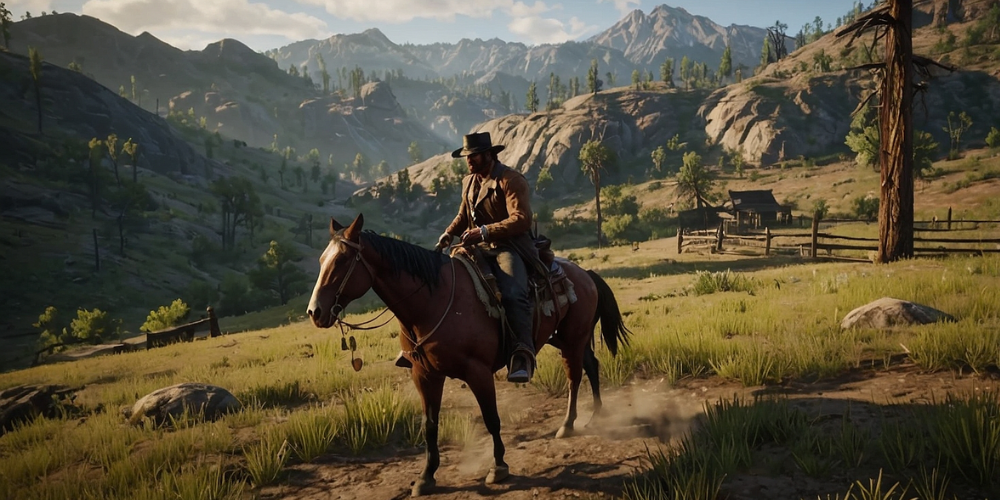
Sound Design and Music
The sound design in Red Dead Redemption 2 was another element that enhanced my experience. The ambient sounds of a bustling camp, the distant howl of wolves, and the haunting melodies of the soundtrack all combined to create an immersive soundscape. I've come to understand that audio significantly contributes to storytelling and setting the mood.
The Call for Exploration
The vastness of the open world begged for exploration. Every corner held secrets, hidden characters, or unexpected adventures. I felt a genuine thrill every time I set off on an unplanned detour. This sense of exploration was addictive, and I found myself losing track of time while navigating the incredible diversity of the world around me.
Engagement Through Emotion
Red Dead Redemption 2 is remarkable in fostering a deep emotional connection between players and its characters. I was often moved by the unfolding drama, experiencing moments of triumph, love, and loss alongside Arthur Morgan and his comrades. This emotional depth led to a stronger immersion, elevating my overall experience and prompting reflection long after I’d put the controller down.
Setting New Standards for Open-World Games
As I reflected on my journey through Red Dead Redemption 2, it became clear to me that this game had not only impacted my perception of open-world gaming but had, quite possibly, rewritten its very definitions. The layers of narrative, character development, and immersive environments combined to create an unforgettable experience. I could feel the changes in the gaming landscape, knowing that future titles would be influenced by the legacy of this incredible game.







